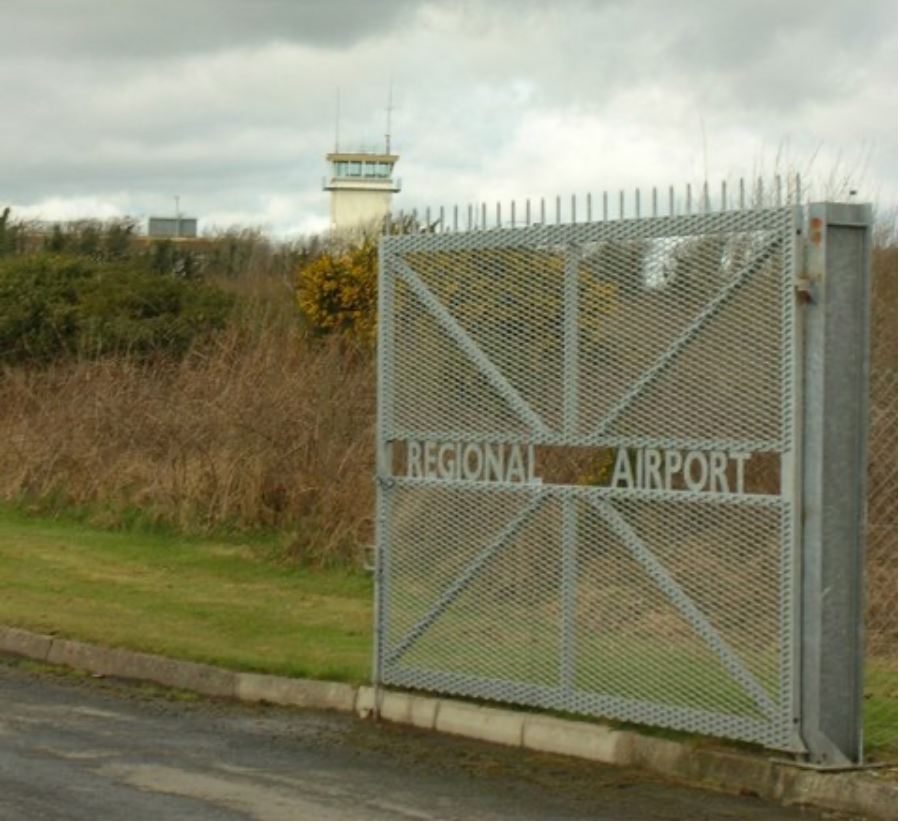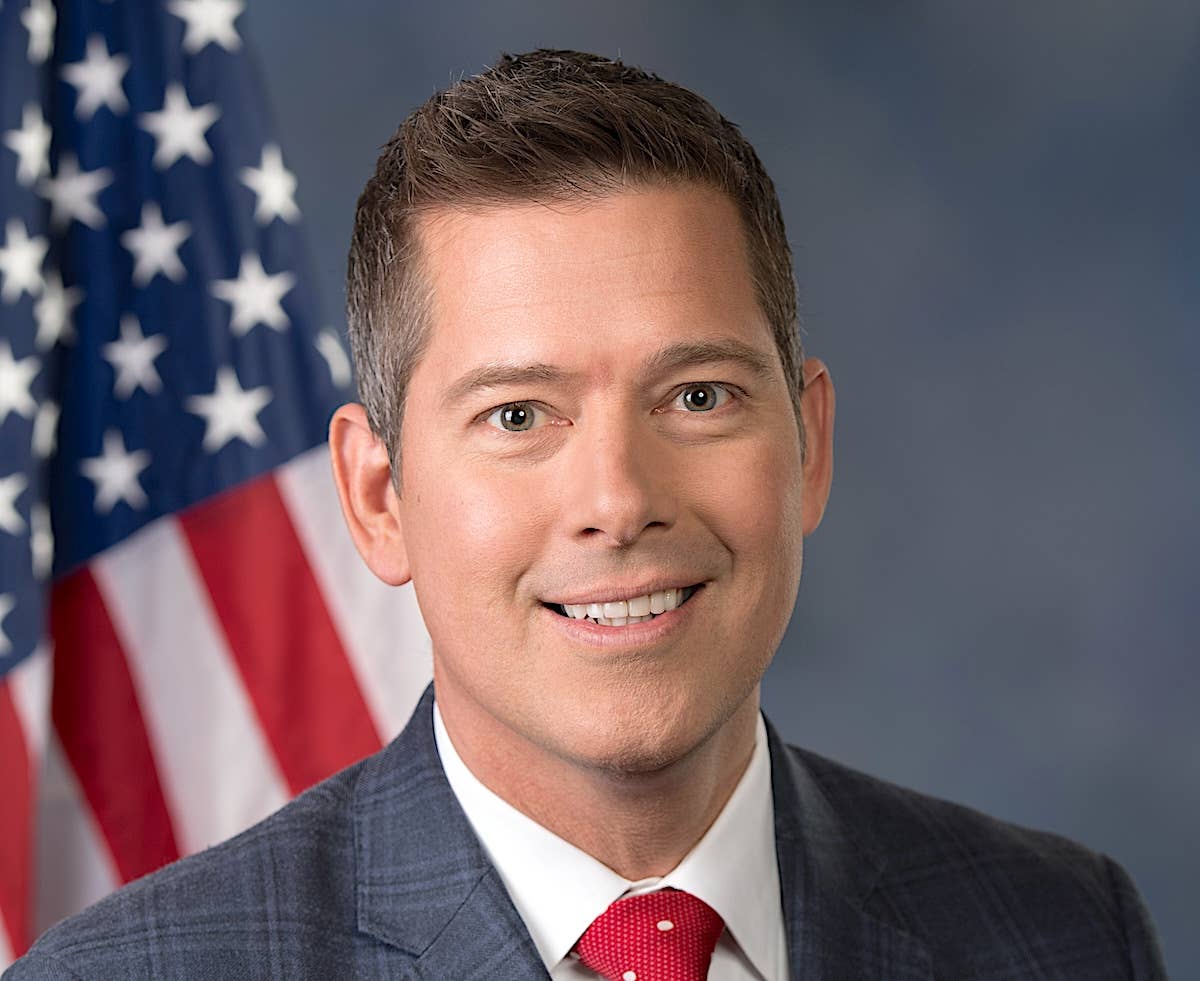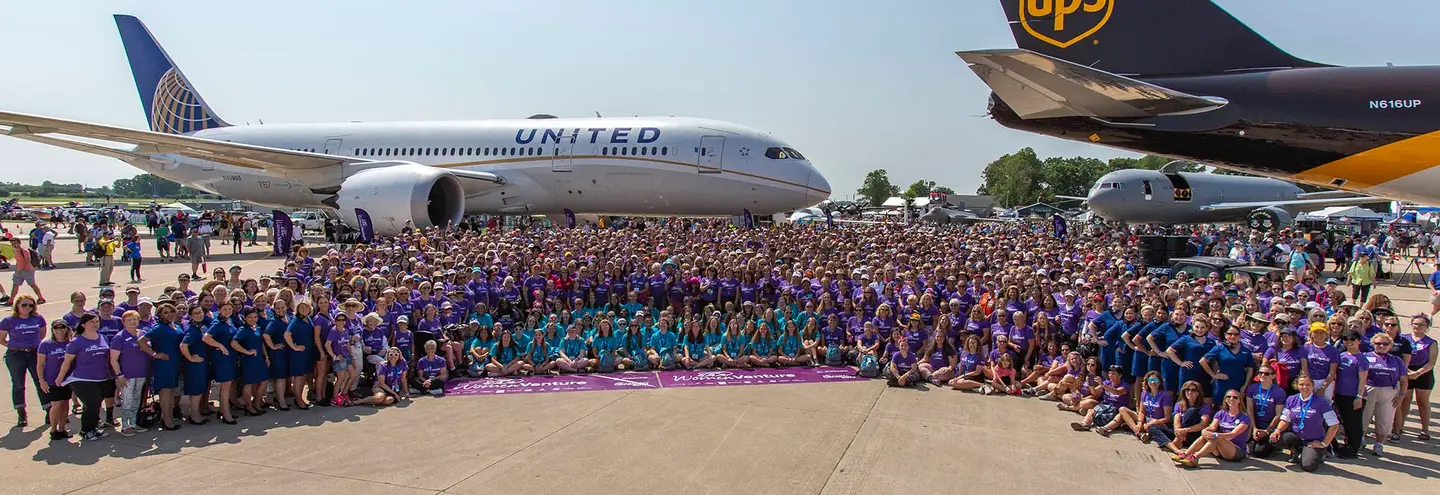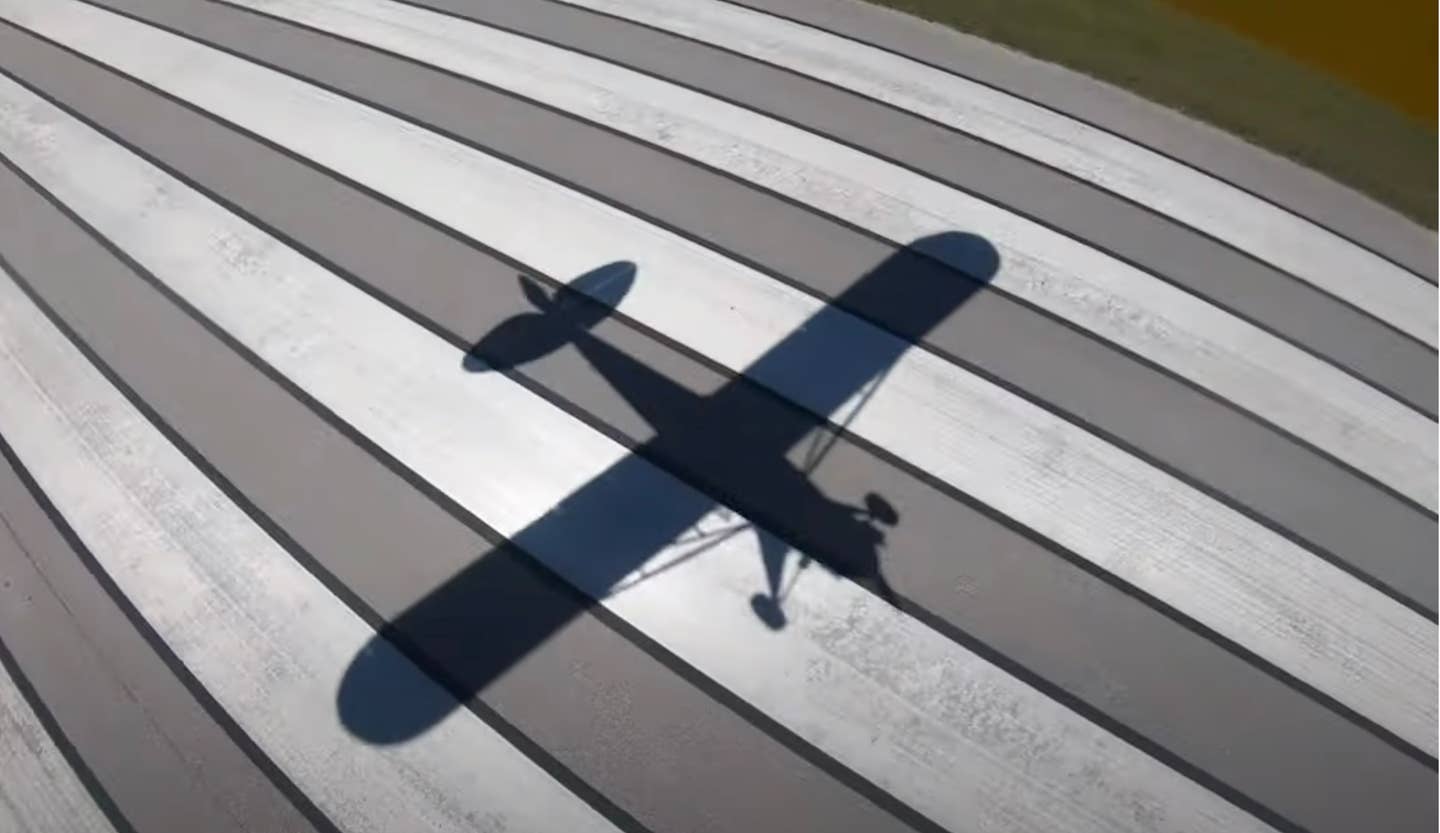In Spite Of Everything, We Feel Safe
Despite numerous indicators that would suggest aviation is getting more dangerous, we apparently don’t feel that way.

When you boil it all down, just about every magazine, podcast, video and article about aviation has a single central theme. With the exception of some cool stuff coverage, we're all about safety and the pursuit thereof.
So, I was intrigued by what seemed to be an overly gushy announcement from NASA that submissions to its Aviation Safety Reporting Service had skyrocketed and that was a good thing. What it meant, NASA said, was that pilots and other aviation professionals were hopping onboard the safety bandwagon and doing their best to ensure their bad luck, good luck or general boneheadedness could be a teaching moment for the rest of us.
In case you're unaware, ASRS is an anonymous tipline where pilots and anyone else in care or control of flying machines can report hazards they've spotted, mistakes others have made and dumbass things they've done themselves anonymously and without fear of repercussions. The record number NASA is crowing about is more than 100,000 entries in 2023. NASA, you see, thinks the upward spiral of aviation missteps that we in the industry have deemed report-worthy is indicative not of increasing danger but rather a healthy safety culture.
Well, I know spin when it zips right before my eyes so I was ready to pounce with a diatribe on how the liberal application of lipstick to this swinish trend was doing no good and NASA should know better than to distort a disturbing development this way.
After all, my cynical narrative fit the current circumstances perfectly. In the past year alone, there have been at least 18 clench-worthy near-collisions (and at least one in which contact was made) between commercial aircraft. Some have been truly harrowing and while alert crews and controllers saved the day in many of them, only blind luck was at work in a few.
Then there are the tales of pilots going, well, frankly, crazy in the flight deck. From pulling the fire suppression handles to intentionally crashing an airplane to allegedly threatening gun violence, it's not been an inspiring year for the profession.
Problems with airplanes have also been top of mind. Manufacturing and performance issues with all kinds of aircraft have been in the news in the past year. Deliveries of several types have been stopped to fix flaws and engines are being removed to fix design or build problems. At times it seems the whole system is falling apart around us.
The FAA and NTSB have launched some very public efforts to address the issues. From pilot mental health to air traffic controller fatigue, studies, committees and task forces abound.
And yet we carry on. More passengers than ever are flying, more airplanes are being built and so far so good. It looks like we'll record another fatality-free year in airline operations and the overall safety record for general aviation is generally trending down. Surely the end of this charmed existence must be near and surely NASA should know better than to whitewash the situation. High dudgeon seemed in order.
But I thought maybe I should ask first.
So I harnessed the power of AVweb to take the temperature of those doing the flying with a simple question of the week: Do you feel safe in the air?
The results were illuminating. Those who reported feeling as safe or even safer outnumbered those who were not feeling that way by three to one. Now, we've never claimed that our little weekly poll is scientific but this result would appear to be outside the margin of error.
How to explain it? I think it's a fact that all pilots these days are better trained and have access to truly remarkable technology to find their way, stay out of the way of others and monitor the health of their aircraft. They are also bombarded with opportunities to learn about best practices in every aspect of their profession/vocation. Could it be that they really are so engaged and willing to spread the safety message that they're moving the needle meaningfully in areas like ASRS?
Lacking any other explanation, I think I have to give this one to NASA with a healthy knock on wood and the fervent hope that it continues.
All the best for a safe, happy and healthy holiday season to all of our readers and advertisers and here's to an even better New Year.






